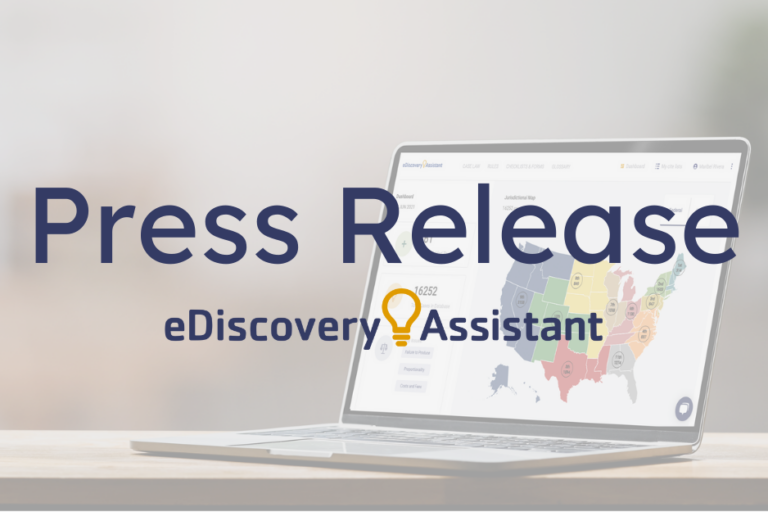Being served with a subpoena can be annoying. But being served a subpoena when you are not even a party to the litigation is worse. It’s an expense you didn’t plan on, don’t have the manpower to respond to, and it detracts from your every day business.
Nonetheless, you got the subpoena. You have the responsive information in paper, but they want it electronically, and you’ll have to write some code to extract the data and spit it out into a spreadsheet to provide it.
Now what do you do? Do you a) get your IT staff to create the computer code required to extract the data and input it into a readily useable format, or b) claim that you are not required to create computer code to comply with a subpoena (despite the fact that the other party will pay for it)?
Well if you are in California, start writing that code. That’s the opinion of at least one California Appellate Court in Vasquez v. Cal. Sch. of Culinary Arts, Inc., 230 Cal. App. 4th 35 (Cal. Ct. App. 2014).
Vasquez involved about a thousand former students (“plaintiffs”) of the California School of Culinary Arts (“school”) who brought claims against the school based on misrepresentations regarding employment and earnings prospects. They couldn’t get jobs. To attend the school, some students took out loans from student loan behemoth, Sallie Mae.
Plaintiffs issued a business records subpoena to Sallie Mae requesting production of their loan records. Initially, Sallie Mae agreed to produce after plaintiffs’ agreed to pay an estimated charge of $60,000 for compliance in paper. Plaintiffs’ reissued the subpoena to seek the information electronically: “on a digital data disk in a reasonably usable form, i.e., in a format that is electronically searchable and sortable.”
Sallie Mae resisted compliance with the subpoena on the basis that it would be required to do electronic data research, create programming code to extract the data, extract the data and create a spreadsheet. Plaintiffs’ agreed to pay a reasonable cost, but could not get an estimate from Sallie Mae despite multiple requests.
The trial court ruled that Sallie Mae’s objections to the subpoena were without substantial justification, and that any attempt by plaintiffs’ to shift costs was moot given that plaintiffs had agreed to pay for the costs of compliance. Consequently, the trial court denied Sallie Mae’s motion to quash and ordered Sallie Mae to pay plaintiffs $11,487 in attorney’s fees incurred in opposing the motion. Sallie Mae appealed, and plaintiffs filed moved for sanctions for filing a frivolous appeal.
On appeal, Sallie Mae argued that the plaintiffs’ rights were only limited to existing documents and did not include forcing defendants to program computer code and create a spreadsheet that did not already exist.
With no state law to guide it, the court looked to federal law. The appellate court held that the Sallie Mae’s contention that just because the documents exist in paper form did not excuse Sallie Mae’s obligation under section 1985.8 to produce them in an electronic format and in a reasonably usable form.
The court also cited to Gonzalez v. Google, Inc., 234 F.R.D. 674 (N.D. Cal. 2006) for the proposition that a non-party “cannot avoid complying with a subpoena seeking electronically stored information on the ground that it must create new code to format and extract that information from its existing system.” Because Sallie Mae never stated that it was unable to extract the requested data from its systems and the plaintiffs agreed to pay the costs of extraction, Sallie Mae was not substantially justified legally or factually.
The court affirmed the trial court’s decision and awarded the plaintiffs the cost of the appeal, but denied plaintiffs’ motion for sanctions on the frivolous appeal.
Third party subpoenas don’t have to be so costly. Want to do it better? Don’t waste your time and money fighting about it. Sit down with the requesting party, find out what they want, think through the least expensive way for both parties to get what they need, and do it.
To read the full opinion, see Vasquez v. Cal. Sch. of Culinary Arts, Inc., 230 Cal. App. 4th 35 (Cal. Ct. App. 2014). The case has been digested and added to eDiscovery Assistant under Case Law — to find it, filter using the title in the search box.


